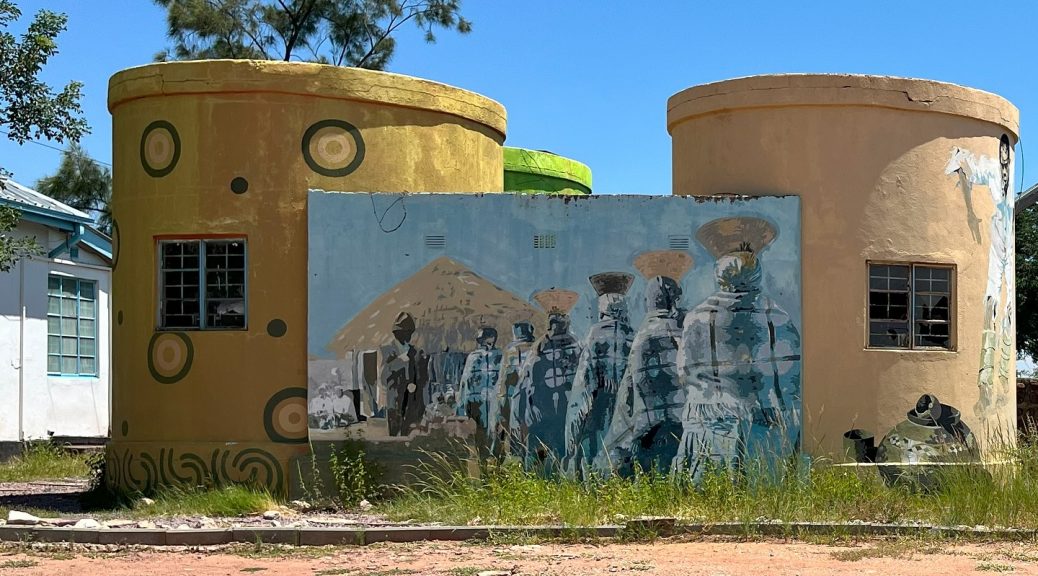Indigenous Languages in Mainstream Media: A Milestone for Botswana’s Linguistic Heritage
On the 29th of September this year, a day before Botswana’s 59th Anniversary of Independence – which incidentally was also declared a public holiday in recognition of Team Botswana’s historic feat of being the first African country to clench the 4x400m relay World Championship title – President Advocate Duma Gideon Boko officially launched news broadcasts in four indigenous languages on Botswana Television and Radio Botswana. Ikalanga, Shekgalagari, and Shiyeyi are the three largest (numerically) minority languages in Botswana – all…









